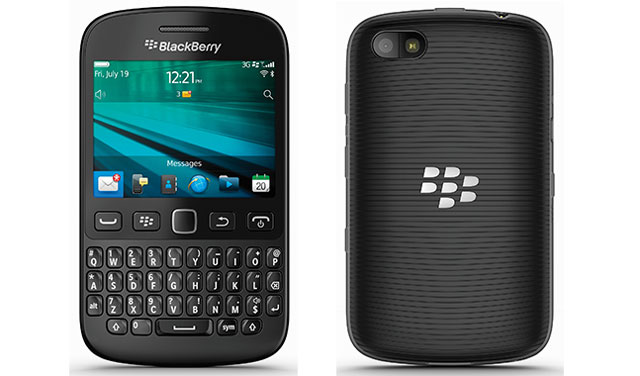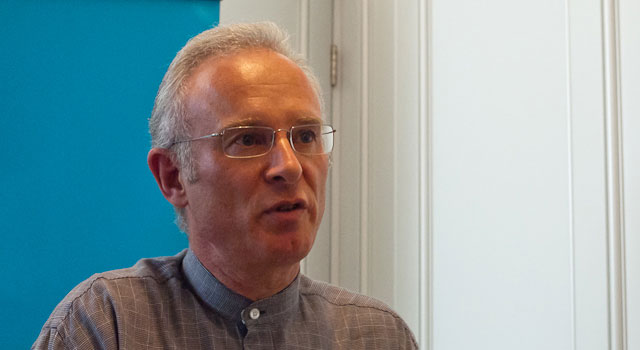
Far from being dead, BlackBerry could be set for something of a resurgence in Africa, with a significant percentage of consumers in five major markets indicating they may favour the brand when it comes time to buy their next phone.
Nokia, on the other hand, is likely to come under intense pressure as consumers fall out of love with the company’s handsets, new research by mobile surveying company GeoPoll and Johannesburg-based research firm World Wide Worx shows.
The study, called Mobile Africa 2015, surveyed 3 500 mobile users across South Africa, Kenya, Ghana, Uganda and Nigeria. The research was conducted through an SMS survey platform, and the sample size of 700 per country gives a margin of error of 3,7% for each country, the researchers said.
The survey shows Nokia remains the single biggest phone brand in the major African markets. However, its market share is plummeting fast. “While almost half of respondents – 46% – reported owning a Nokia as their previous phone, only 34% own one now. And only half of those – 18% – intend buying a Nokia next,” the study said.
“The big winner is Samsung, which is currently owned by 17% of respondents, up marginally from 14% ownership previously. When asked what phone will be bought next, the Samsung proportion shot up to 26% — more than a quarter of phone users.
“A big surprise of the survey was the finding that BlackBerry, which has held steady at 6% penetration for current and previous phones, is expected to rise to 16%. While this flies in the face of international trends, it reveals a hidden dynamic of the aspirations of new smartphone users.”
Matt Angus-Hammond, business development head for GeoPoll in Southern Africa, said BlackBerry introduced most of Africa to the idea of a smartphone, and for the first few years was the flagship brand for the category. “They initially hit the market through companies that got contracts for their executives, but as new models were introduced the old BlackBerrys have entered the mass market, and are still regarded as a status symbol in much of Africa.”

The “hand-me-down effect” suggests BlackBerry will retain its position as the third most popular phone brand in major African markets for now, the researchers said. However, brands that will challenge both BlackBerry and Nokia in the near future include Apple (2% currently, expected to rise to 11%), Huawei (3%, expected to go to 9%), Sony (2% to 5%) and LG (3% to 5%).
Phone usage varies greatly by country, with Nokia’s share ranging from a high 43% in Nigeria to 28% in Ghana. Kenya is least loyal to the Nokia brand: only 14% of Kenyans surveyed say they expect to buy a Nokia as their next phone.
Samsung’s strongest markets are Ghana (29%) and South Africa (21%), but its share is expected to rise in most other countries.
Apple is a surprise challenger for third place, with 16% of respondents in Ghana, 15% of Nigerians and 14% of South Africans indicating they would buy one next. Uganda at 8% and Kenya at 5% also show surprisingly strong intentions to buy the high-cost iPhone.
Mobile Internet
The research shows that an average of 40% of cellphone users in five key African countries now access the Internet from their devices, the research shows.
Users in Ghana and Nigeria lead, with 51% and 47% of users in these markets reporting that they use their phones to access the Internet.
South Africa lags the two leaders at 40%, with Kenya at 34% and Uganda at 29%.
South Africa leads in app downloads, usually an indication of higher smartphone adoption, with 34% of phone users making downloads from app stores, the researchers said. This compares to 31% in Ghana, 28% in Nigeria, 19% in Kenya and 18% in Uganda.
“This finding also indicates that mobile broadband infrastructure is more robust in South Africa, despite anecdotal reports of the Internet being used more actively in Nigeria and Kenya,” said World Wide Worx MD Arthur Goldstuck. “Internet use is far greater in some of these countries in terms of number of people, but substantially lower in terms of intensity of use.” — © 2015 NewsCentral Media




